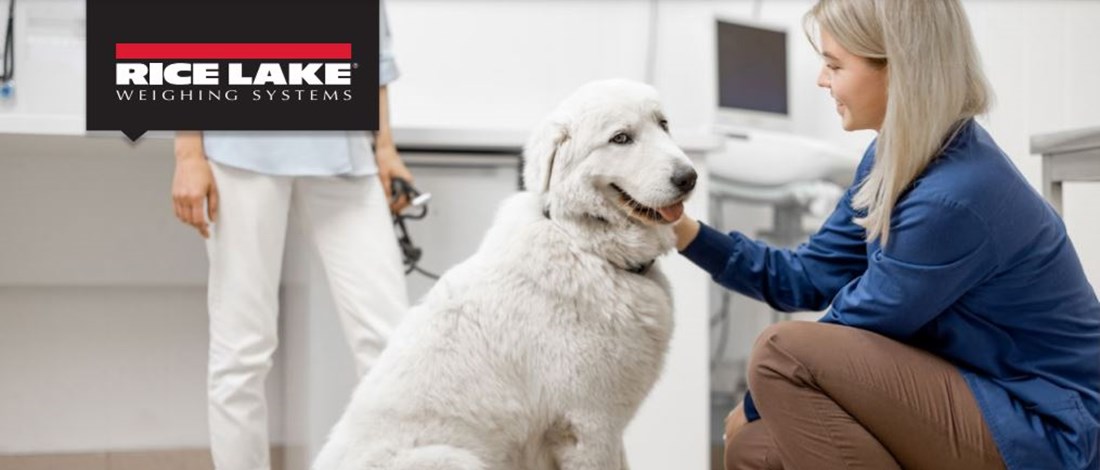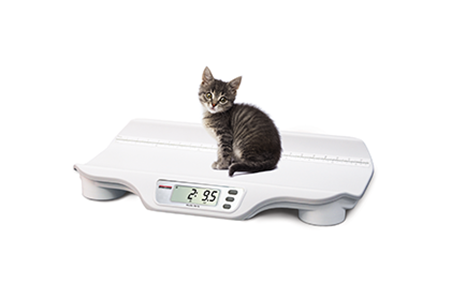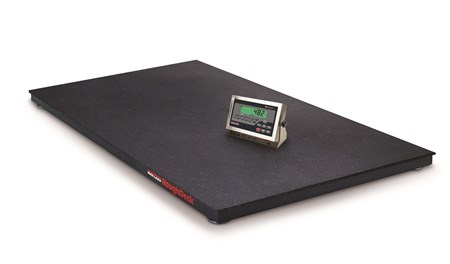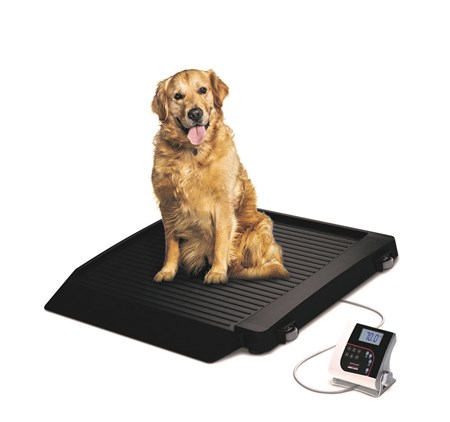Is the website displaying in the correct language? Please confirm or select a different language.
Your region has been set automatically. Please confirm or select a different region.

Animal Weight and Medication Dosing
Not only does monitoring weight help veterinarians ensure overall animal health, but many medication dosages are determined and prescribed based on animal weight.
Accurate Animal Weighing
Accurate weight is essential to properly care for animals of all sizes. If an animal isn’t given enough medication, the treatment will be ineffective. However, giving them too much can have detrimental side effects or even result in death.
Errors in weight data can occur when animals are weighed, when weight is recorded and when it is communicated during patient care. It is also common for dosing errors to occur when weight is estimated. While having established procedures for capturing animal weight can significantly reduce errors, high-quality scales that are well-maintained are essential for proper patient care.

Animal Scale Features to Look For
Animal patients can be unpredictable, especially if they are nervous or anxious at veterinary clinics. You may want to look for scales that have a low profile so animals aren’t taking large steps on or off the scale. Some scales may have optional mats to increase animal comfort as they step onto the weighing platform. The scales you use should also be durable and easy to clean. Hard, nonporous ABS plastic surfaces provide an easy-to-clean weighing platform that can withstand claws and accidents.
Functions such as weight recall, tare and movement compensation technology allow operators to record and verify accurate weights for every patient. Movement compensation technology in scales recognizes when a patient is moving or shaking on the weighing platform and accounts for that movement in the final weight display. You may want to consider these scale functions as well as automatic shut-off for long battery life as you search for a scale to meet the needs of your specific practice.
Standardizing the units of measure at your clinic and using scales that allow you to lock the units of measure can help you prevent potentially fatal errors. Some animal scales are able to lock units of measure, meaning the scale won’t accidentally be switched from pounds to kilograms, or vice versa. If a scale is unknowingly changed from kilograms to pounds, medication can be given in dangerously high amounts.
Weighing Procedure Recommendations
This list can help you create a procedure to ensure accurate patient weight is collected every time and medication is properly given.
- Standardize units of measure used in patient care
- Regularly clean all equipment, including scales
- Verify scale accuracy with certified calibration weights
- Use properly functioning weighing and dosing equipment
- Follow manufacturer maintenance guidelines and work with a certified service technician
- Ensure pharmacy reviews weight-based dosing recommendations


Ensuring Accurate Weight Data
Medication dosing errors can be easily avoided by using reliable weighing equipment with features designed to reduce errors. Rice Lake Weighing Systems provides scales for use in veterinary clinics with movement compensation technology, locking units of measure and weight recall functions to simplify small and companion animal weighing. Learn more about Rice Lake’s companion animal scales and find the best option for your facility.



 My Account
My Account


